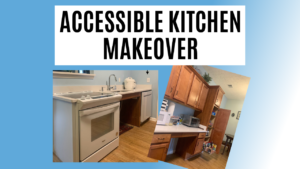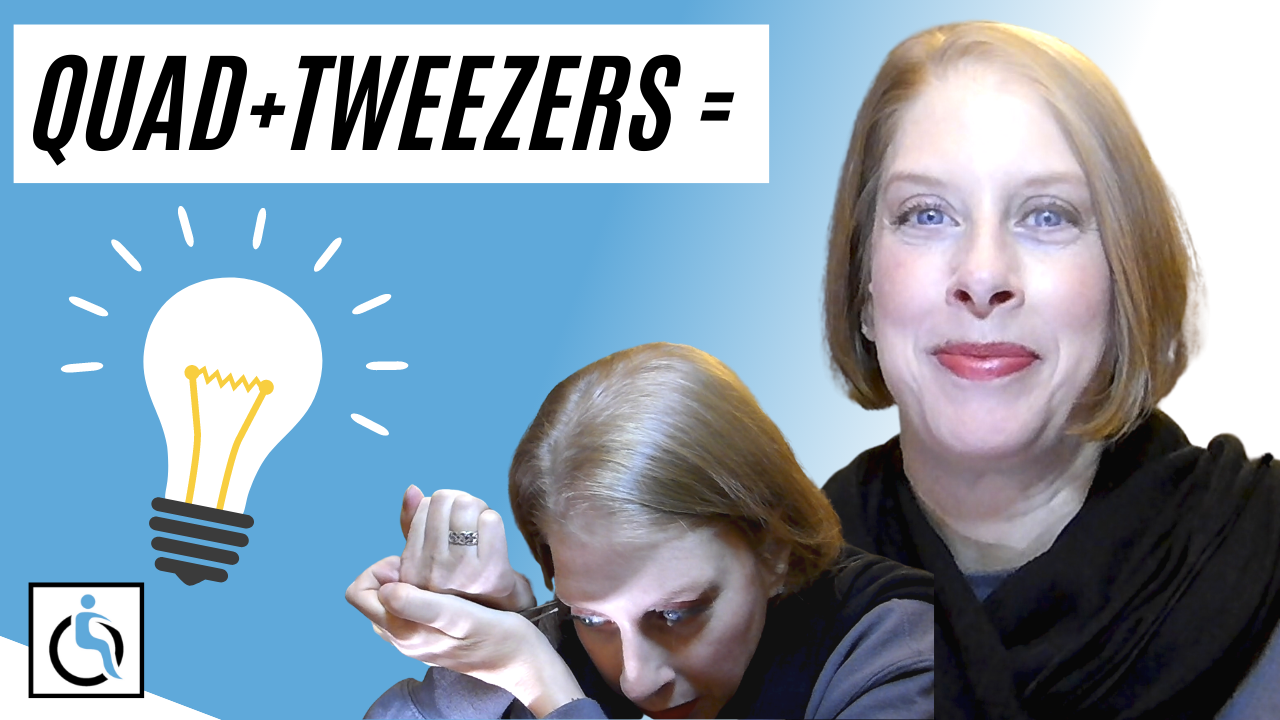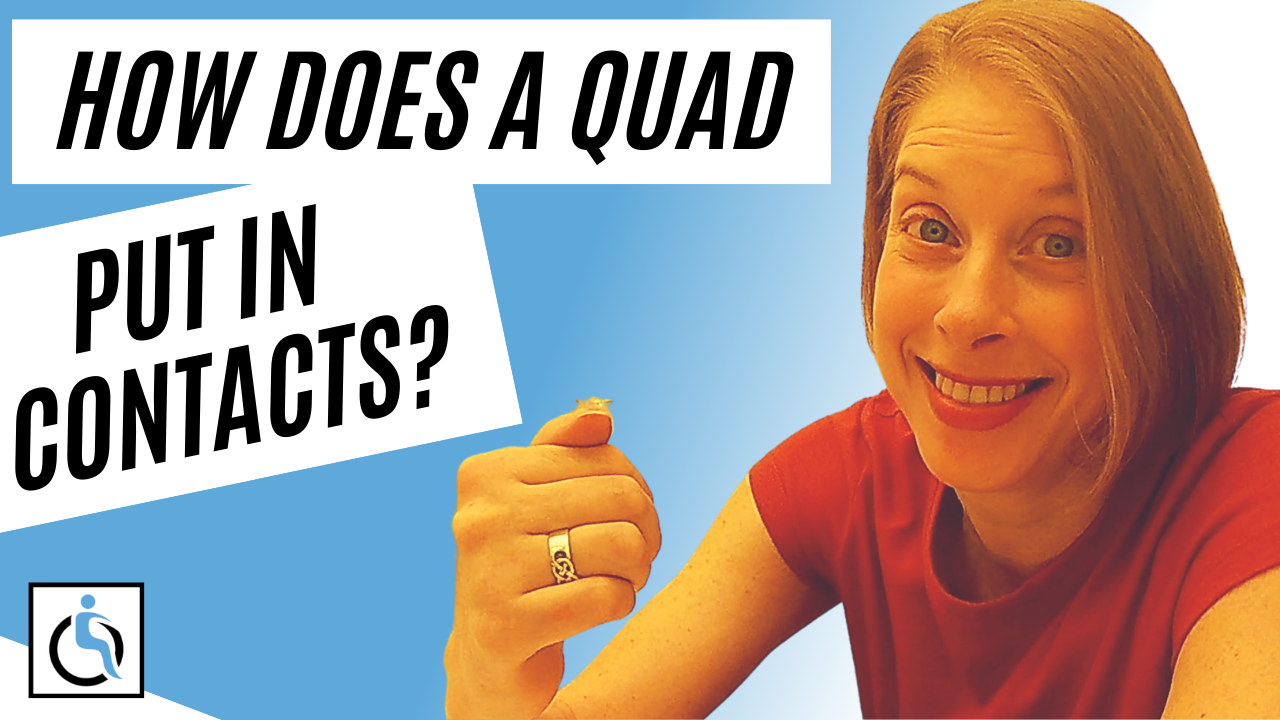Working after a spinal cord injury may seem overwhelming. But you have finished up rehab or completed schooling, and you’re ready to go to work. Now what? How do you go about finding and maintaining a job or career with a disability? A lot of energy goes into simply living life with spinal cord injury or any other disability. Adding a career into the mix can be daunting but is also very rewarding.
Finding my niche
Throughout college, I had several part-time jobs and volunteer positions. These allowed me to find my areas of interest and guided my decisions for my academic degrees after my spinal cord injury. I tutored at an elementary school, worked in after-school care, taught adults English as a Second Language, and volunteered at a crisis information center. I gained valuable experience, skills, and knowledge with each position, whether paid or volunteer. And I had a strong resume once I was ready to pursue a career.
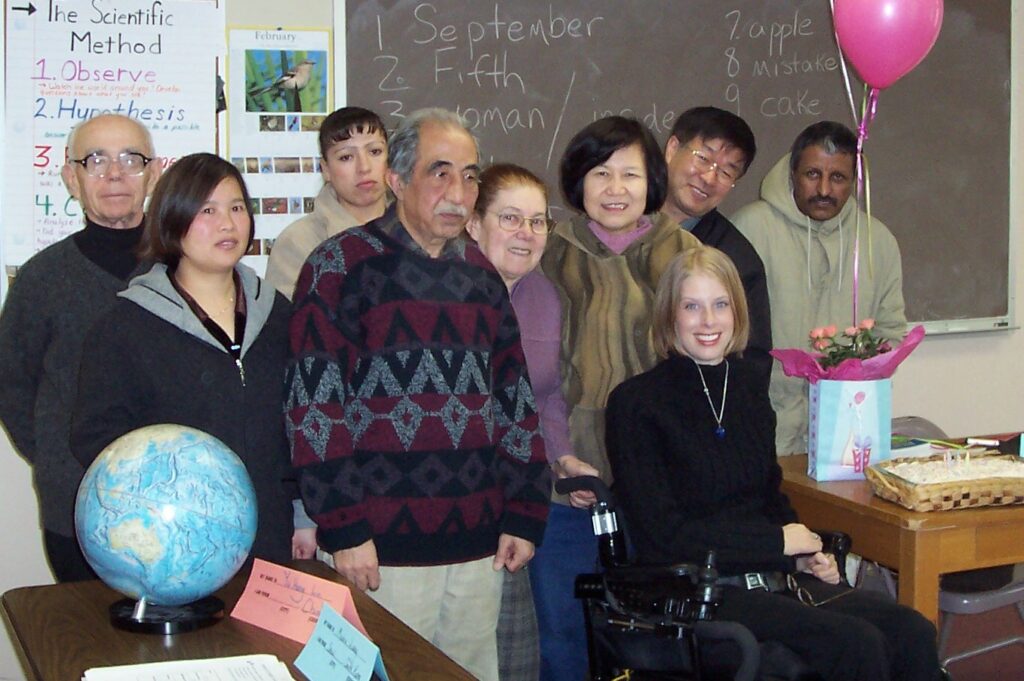
The issue of time
Life takes longer with a spinal cord injury or other disabilities. (Read SCI Survivor Job Description to understand what I mean.)
My first “real job” after graduating was just 20 hours a week. It was very do-able and a great way to start. Since I was still living at home with limited expenses, it got me on my feet (so to speak) in the world of work. Then I took a full-time position, yet it was very flexible. I worked from home since the main office was in another state. I had the time and energy to be involved in sports and other activities I enjoyed.
When I changed jobs in 2009, I went to an office with set 9 to 5 hours. With a knot in my stomach, I nervously requested a 32-hour workweek, and two days working from home. Thankfully, they were willing to accommodate me. I believe this was the best decision I ever made, although, I admit, it took some humility. I wanted to prove myself to new co-workers. But I needed to maintain my health in the process. At the end of 32 hours, I’m tired, but I still have enough “fuel in my tank” to have a life outside of work.
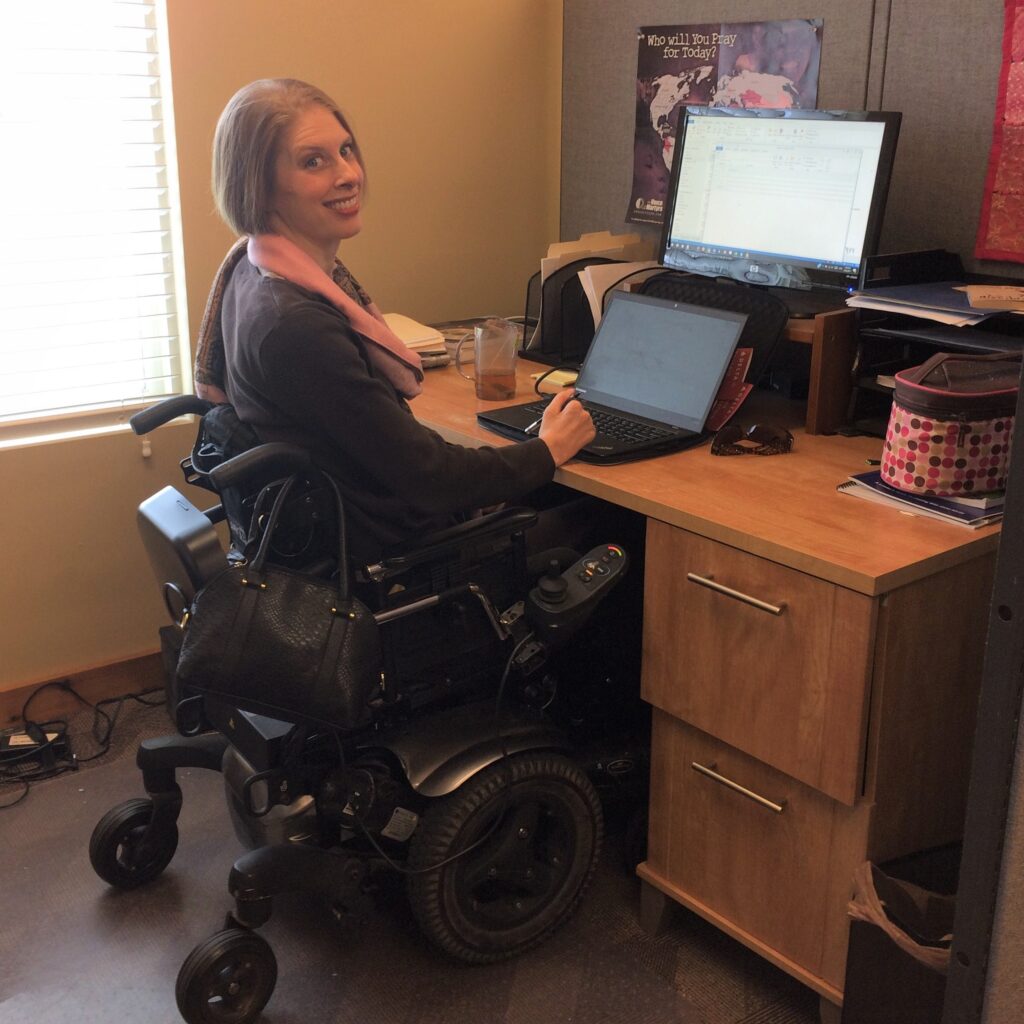
Here are more tips for working after a spinal cord injury:
- Find out what you love to do and do it as your job. Start by volunteering or working part-time.
- If you need additional education to pursue a career, Vocational Rehabilitation in your state may help with tuition. In addition, Voc Rehab often pays for vehicle modifications and hand controls when you are employed. It’s a WIN-WIN situation!
- Understand the impact of an income if you receive SSI or SSDI. Listen to this podcast on Disability Work Incentives with Raymond Cebula, III, J.D. of Cornell University by The Landscape Podcast for a great overview. Programs such as Ticket to Work allow you an opportunity to work without losing SSI or SSDI. (Read my article on How Society Punishes People with Disabilities for Working for my experience with losing the only benefit I received.)
- Ask for reasonable accommodations, whether it be modifying the work schedule or requesting assistive devices that will allow you to do your job well. For more information on reasonable accommodations and the ADA, go to this website.
- Get extra help at home if you need it. I hire a personal care attendant to help three mornings a week. I don’t have the energy or ability to do it all. Having an extra hand in the morning to get ready for work allows me to get ready more quickly and easily. It is worth it, in my opinion.
- Re-adjust your expectations. I admittedly have high expectations of myself. I’ve learned to acknowledge when I can’t – or shouldn’t – do something. For example, the first year in my current position, I worked an insane number of hours one week since we had a conference. I developed a small pressure sore and ended up in bed the following two weeks. Was it worth trying to “prove myself” to my peers? No. I knew I was pushing the limits. And I paid for it.
- Working is great for your emotional health. It gives you a reason to get up each morning, interact with others, and not live on a bare-bones budget of government benefits.
Yes, life takes longer and takes more energy with a disability. But in my experience, working after a spinal cord injury is well worth the effort.
Just remind me of that when my alarm goes off tomorrow morning.

